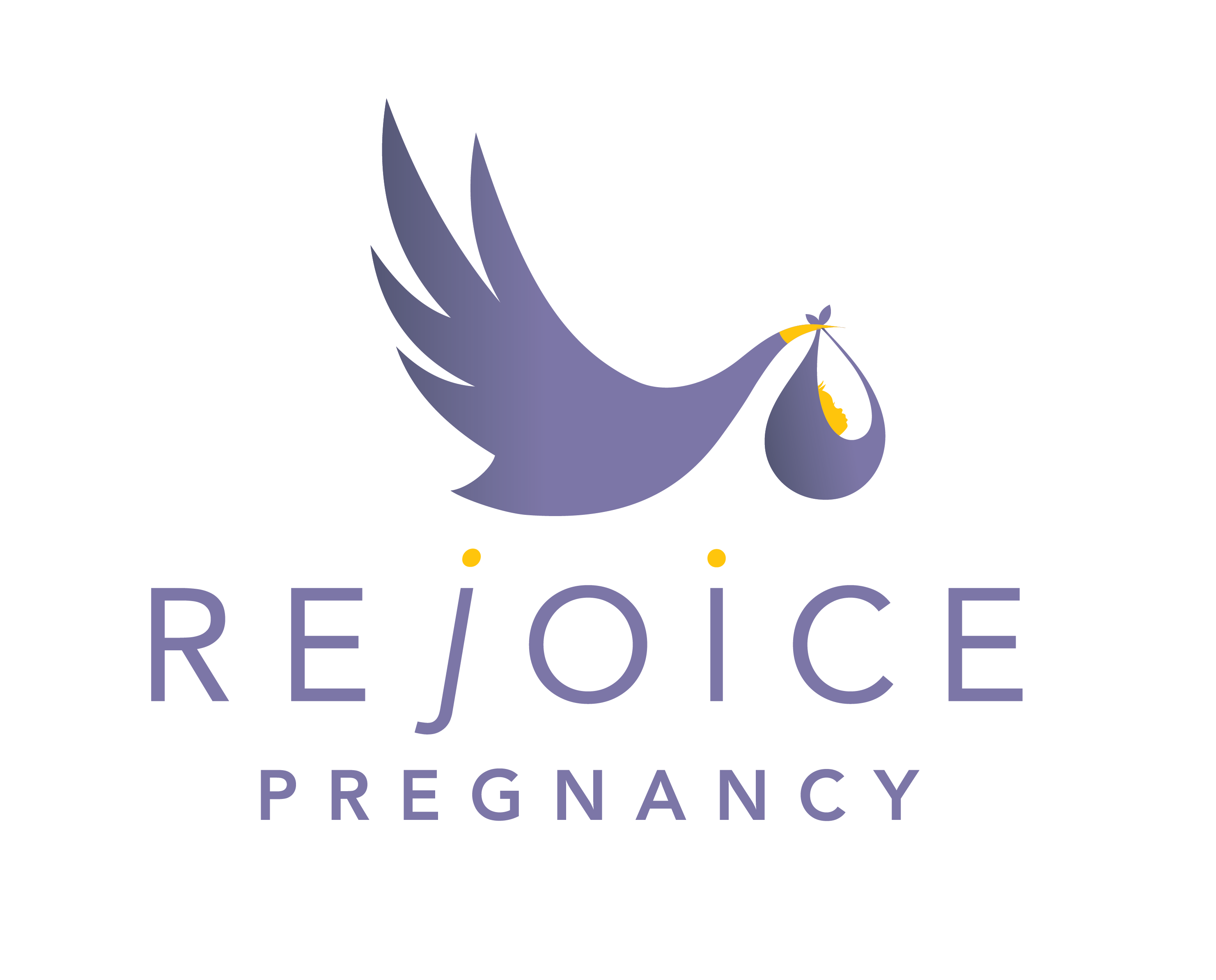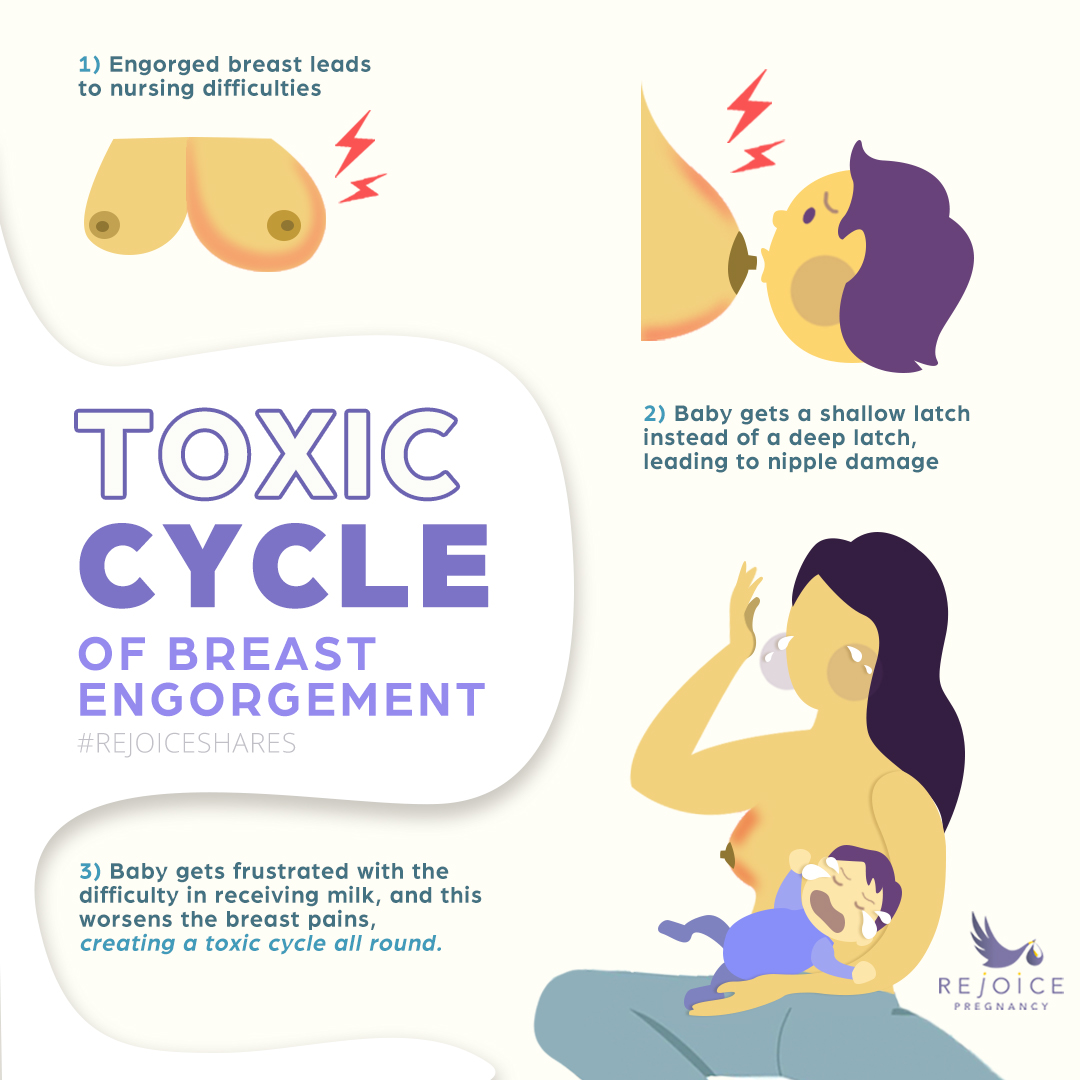“My breasts hurt a few days after I gave birth, why is this happening? I was latching fine a few days before, but now my breasts are growingly painful. How do I cope with it?”
Don’t worry mummy! What you are experiencing is engorgement – which is a signal that your body is undergoing a major hormonal shift.
The hormonal shift is a result of giving birth: there will be an increased blood flow in your breasts following the delivery, to make ample milk. Due to this shift, the mother experiences a sharp increase in her milk supply.
This milk supply increases in conjunction with your baby’s expanding stomach to accommodate feeds greater than the previous feed (colostrum from the mother). Breast engorgement is a pretty common symptom for most new mothers to experience some levels of breast engorgement, where their breasts become firm or hard as their milk supply increases.
This is, however, not to say that the issue of breast engorgement cannot be avoided! With proper birth preparation, mothers can be safeguarded from engorgement. This is because the lactation therapy in birth preparation helps to ease the breasts into milk production, gradually building up and regulating the mother’s milk supply. Therefore, this helps to avoid the sudden shock the body goes into during the transition into milk production.
Now, you may be wondering if every increase in milk production will result in pain and soreness in your breasts? The answer is no! The breasts become firm or hard as the mother’s body has yet to regulate the milk production. Until the body knows how to regulate the milk production, the mother may overproduce and continue experiencing breast engorgement.
When your breasts are engorged, your baby will have a hard time latching onto your breasts, resulting in nursing difficulties. The engorgement may result in your baby getting a shallow latch instead of a deep latch, and this tends to lead to nipple damage. Your baby may also become frustrated with the difficulty in receiving milk, and this worsens the breast pains, creating a toxic cycle all round.
In most situations, if well-managed with the right support, breast engorgement can be resolved within 24-48 hours. However, if no help is given, breast engorgement can last up to 14 days. Some mothers may resort to self treatment (i.e placing cabbage on breasts, massage, hot/cold therapy) to ease the engorgement, but this is dangerous as if not managed properly it will lead to adverse results on the mother such as a drastic decrease in milk supply or aggravated into more serious problems such as mastitis.
Now, the method to resolving breast engorgement is to understand the anatomy behind breastfeeding: breast milk is released from the front of the breast through the nipple, and lymphatic fluid flows out from the back of the breasts.
During engorgement, your breasts are inflamed. The hardness of the breasts is a result of the extra lymph fluids in your breast tissue. This results in a buildup of fluids as milk gets trapped by lymphatic fluid around it, preventing your newborn from having a deep latch. Whilst expressing milk from the breasts is essential, it is inadequate to fix the issue of engorgement entirely.
❤️ You do not have to go through this alone, mama! Here at Rejoice Pregnancy, our maternal health visitors specialize in lactation therapy which places great emphasis on understanding the breasts anatomy and lymphatic system. Our maternal health visitors will be here with you to guide you through your breastfeeding journey and avoid common breastfeeding issues. With their extensive experience and expertise, trust that you are in good hands and a smooth sailing breastfeeding journey is sure to come. ?
Rejoice Pregnancy provides a wide range of maternity care services through the competent skills of our maternal health visitors right at your doorstep giving you the convenience of never leaving the comfort of your home!
- Lactation Therapy with Birth Preparation?️(Best commenced at 30 weeks of Pregnancy)
- Lactation Therapy with Breastfeeding Support?️(Up to 1 year Postpartum) and many more!
Contact Us to find out more! ? 97778010 (whatsapp) Follow Us on Instagram for more updates! Right preparation starts with Rejoice Pregnancy. Let us Rejoice with you!

